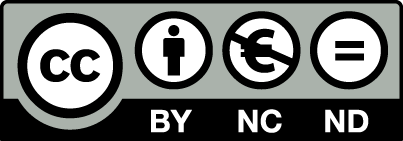Behavioural Economics in the Contextof Social Science Methodology
Krzysztof Szymanek
University of Silesia in Katowice
Piotr Zielonka
Warsaw University of Life Sciences
2017 25 (4) Central European Management Journal
DOI 10.7206/jmba.ce.2450-7814.213








